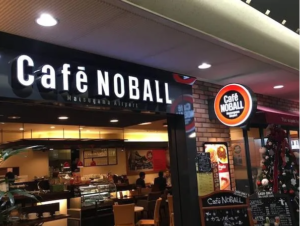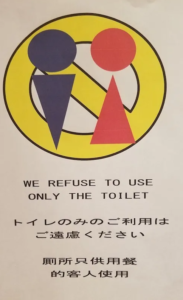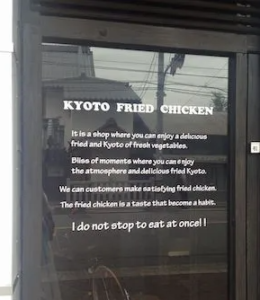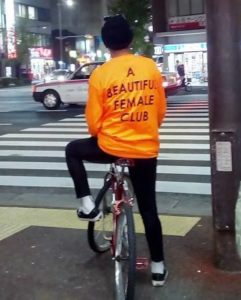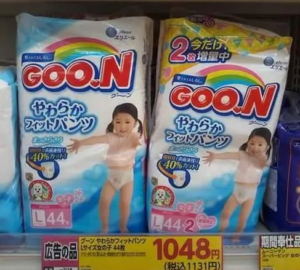The phenomenon of “Engrish” is predominantly a result of Japanese confusion with the letters “L” and “R.” Although it is particularly common in Japan, you can still find it happening in some other Asian countries, especially China (Chingrish) and South Korea. Some Japanese to English misinterpretations will leave you scratching your head about the meaning of the actual message. If you eventually adopt the literal meaning, you might find it funny or confusing.
Most mistranslations are a result of each country’s culture and character. Other times, these mistranslations arise from using direct machine translations from Japanese to English. These two leads to funny errors because English and Japanese are distinct in all aspects, including language, culture, and character.
Japanese to English misinterpretations leave many impressions to the reader, but most times, none of it is intended. These misinterpretations can be comic, accidentally lewd, poetic, nonsensical, and even offensive. Therefore, it is best to be non judgmental and light hearted about these misinterpretations.
Below is a list of some of the most common and funniest Japanese to English misinterpretations.
1. Store and Product Names
Don’t be surprised that you will find some of the funniest Japanese to English mistranslations in many stores and product names. It is common because many business owners love to translate their business names to English from the original Japanese that it was written. Even though it is common in Japan, the art has not been properly mastered. Although Japanese business translation shows an effort to English speakers and is appreciated most of the time.
A lot of Japanese stores have typical Japanese names. Common examples are Genki Sushi (roughly, “happy sushi” – a sushi chain) and Kikkoman (roughly “tortoise and good fortune,”), which is particularly referencing common Japanese folklore. Other internationally famous, puzzling, and funny Japanese brand names are Collon (biscuits), A Bathing Ape (BAPE: street fashion), and Pocari Sweat (beverage).
I know a tourist wouldn’t eat here:
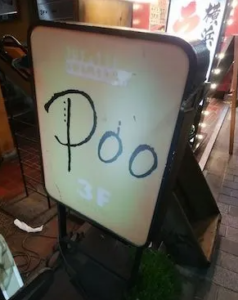
Or here for that matter:


